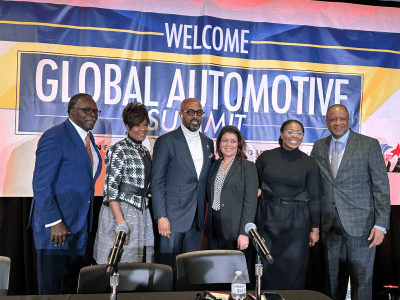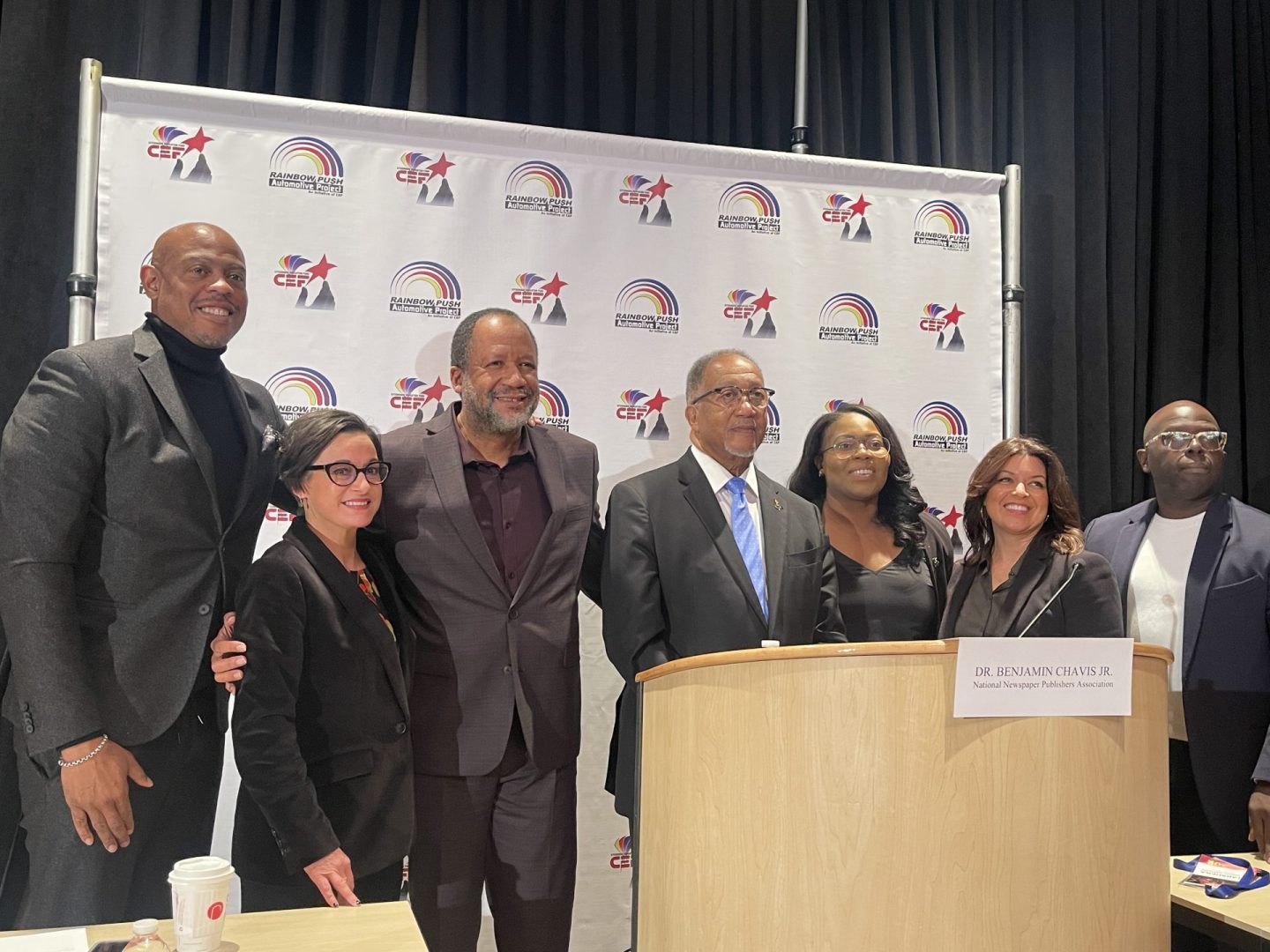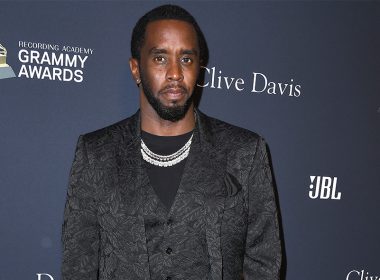
Pamela Thomas leaves a lasting impression with her dynamic persona and quiet self-assuredness. The district manager for sales for the GMC and Buick brands of General Motors is now successfully helping to imbue those same intangibles within the entrenched reputation of the esteemed vehicles she represents in the South Georgia region.
GMC is a long-established celebrity within the GM automotive portfolio, with the Yukon Denali the perennial red-carpet-ready whip of the lineup that strolls down the road with an undeniable swag. The Buick brand has undergone a spectacular metamorphosis in recent years, draping a more sleek and chic covering over its sophisticated shoulders that, as Thomas elucidates, is the antithesis of its aristocratic predecessors. Thomas explained that today’s Buick intersects its traditional practicality and noble aura with state-of-the-art technology and a youthful exuberance that beckons the tweens and 30-somethings into the showroom. Thomas is the person who redirects consumers’ vision from overseas at the foreign jobs and illustrates that they can find those same attributes — and more — within America’s shores.
What is the scope of your responsibilities?
As a district sales manager my goal is to go into GMC and Buick dealerships specifically and review processes and programs that are in place and make sure that they remain profitable. I’m the one who makes sure that they’re selling GMC and Buick vehicles.
How do you accomplish your business objectives?
We do that by working with the sales manager in the dealership, the general manager in the dealership and make sure they are understand the product, understand that they are pushing the perceptions in the community, that they don’t think that they don’t think this is your grandfather’s car any longer. We want to make sure that individuals our age in our 40s and 30s and even 20s are purchasing our vehicles, so we capture that experience. We put those pictures and those stories out there so the perception changes. I make sure [sales personnel] remain knowledgeable of the product, remain trained on the product so that when individuals are walking into the store, they are made to feel special. They also need to treat everyone with 100 percent customer satisfaction. They are treated like royalty, and that they understand they are sitting in something that is regal when they are driving off the lot. Most importantly, my main goal is to increase the market share that the dealerships are in.
You hold the distinction of being one of the few African American female sales managers within the automotive industry
I am one of the few African American women in sale sin the country. You can count them on one hand. There are very few of us. My counterpart, which I’m so blessed to have, is African American woman. There are not only district sales manager, there are district after-sales managers. When we think about the front of the house, I manage the sales, and the after sales would be service and parts. She [African American female] manages the back of the house. We are a dominating force when we work together and go into the dealerships.
The importance on mentorships:
It was interesting that you would say that. I was hired by an African American woman who was my zone manager and I still consider her a mentor within the company. We talked about there are not many African American women within corporations in general. So it’s very important to embrace each other. I’m glad to say that my mentor was an African American. She hired me; she gave me a chance. I was with her for two years before she left and went to Detroit and became one of the leaders in that department. I look to her as a role model. And when we need to encourage each other, we call one another.
Your philosophy about being a mentor:
Mentorships are very important when it comes to any person in any business or any aspect of life. I think it’s very important that people target that people that are experience and esteemed because we all need help along the way. People so often feel they can do it alone, that they can do it by themselves. I don’t think that. I think that we should work as a team. —terry shropshire
















